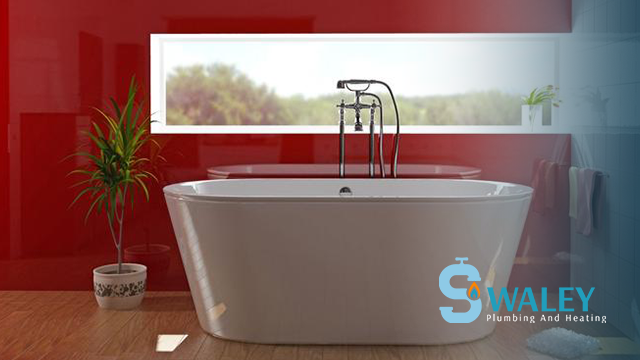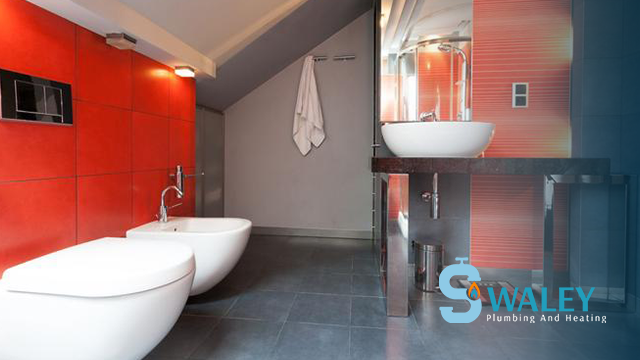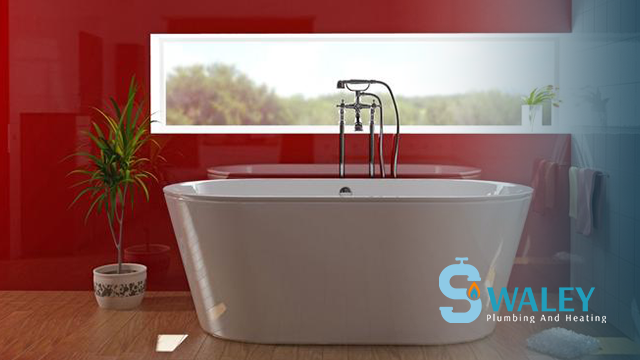Back Boiler Replacement: Upgrade Your Heating System with Ease
Introduction
Winter is knocking on the door, and as the days grow colder, a warm and comfortable home becomes everyone’s sanctuary. Is your heating system up to the task, or is it showing its age? If your home still relies on a back boiler, you may be considering an upgrade. In this comprehensive guide, we’ll walk you through everything you need to know about back boiler replacement, from signs that you need an upgrade to selecting the right service provider. Buckle up, and let’s dive in.
What is a Back Boiler?
Definition and Basic Functionality of a Back Boiler
A back boiler is a compact heating unit usually situated behind a fireplace or gas fire. These boilers were quite the rage from the 1960s to the 1980s, efficiently providing both central heating and hot water.
Historical Context
In the days when energy efficiency wasn’t as scrutinised as it is today, back boilers became popular due to their cost-effectiveness and easy installation.
Why Were Back Boilers Popular?
These heating systems appealed to homeowners because of their space-saving designs. They didn’t require a separate water tank or cylinder, making them ideal for smaller homes.
Signs You May Need a Back Boiler Replacement
Wondering if your back boiler has reached the end of its working life? Here are some clear signs:
Aging System
If your back boiler is more than 15 years old, it might be time for an upgrade. Older systems are generally less efficient and may pose safety risks.
Inefficient Heating
Struggling to keep your home warm? Inefficiency is a common problem with aging back boilers.
Frequent Repairs
If your boiler is demanding constant attention and repairs, it’s probably more economical to replace it altogether.
Unusual Noises
Hearing gurgles, whistles, or bangs? These sounds could signal internal problems that require immediate attention.
Environmental Considerations
With the increasing focus on sustainability, older back boilers are far from eco-friendly. Modern heating systems offer greener alternatives.
Risks of Not Replacing an Old Back Boiler
Safety Concerns
Carbon Monoxide Risk
Older back boilers may produce carbon monoxide, a colourless and odourless gas that can be fatal in high concentrations.
Fire Hazards
Outdated wiring or failing components can result in fire hazards.
Higher Energy Costs
Inefficiency means more energy usage, which means higher bills for you.
Decreased Property Value
Aging heating systems can decrease your property’s value and appeal.
Regulatory Compliance Issues
Older back boilers might not meet current building codes and regulations, leaving you with potential legal issues.
Advantages of Back Boiler Replacement
Improved Efficiency
Modern boilers offer far superior efficiency levels, making your home cosy without the high energy costs.
Modern Features
Features like smart thermostats allow you to control your heating remotely, adding a layer of convenience.
Environmental Benefits
Newer systems are more eco-friendly, reducing your home’s carbon footprint.
Long-term Savings
While the upfront cost might seem high, you’ll enjoy lower energy bills and fewer repair expenses in the long run.
Safety Upgrades
New boilers come with safety features such as auto-shutdowns in case of malfunction, protecting your home and family.
Back Boiler Replacement Options
Combi Boiler
A popular option for small homes, providing both central heating and instant hot water.
System Boiler
Ideal for larger homes with multiple bathrooms.
Conventional Boiler
Works best for homes with older radiator systems.
Renewable Energy Systems
Solar Thermal
Harness the sun’s energy to heat your water.
Heat Pumps
A sustainable alternative that extracts heat from the air or ground.
Costs Associated with Back Boiler Replacement
Initial Costs
Boiler units can range from £1,500 to £3,000 depending on the type and features.
Installation Costs
You’re looking at an additional £500 to £1,000 for professional installation.
Ongoing Maintenance Costs
Annual servicing is essential and can cost between £50 to £100.
Potential Rebates and Tax Incentives
Check if you qualify for any government grants or tax benefits for installing an eco-friendly system.
How to Choose the Right Service Provider
Credentials and Certifications
Ensure your chosen provider is Gas Safe registered and holds relevant certifications.
Reviews and Testimonials
Look for a company with stellar reviews and testimonials for peace of mind.
Warranty and After-Sales Service
A good warranty and reliable after-sales service are indicators of a trustworthy provider.
What to Expect During the Back Boiler Replacement Process
Initial Assessment
A technician will first assess your current system and home layout.
Removal of Old System
Your old back boiler will be carefully removed and disposed of responsibly.
Installation of New System
The new boiler installation will be undertaken according to manufacturer guidelines and safety protocols.
Post-Installation Checks
Expect a series of checks to ensure everything is running smoothly.
Frequently Asked Questions (FAQs)
Is Back Boiler Replacement Mandatory?
No, but it’s highly recommended for safety and efficiency.
How long does Back Boiler Replacement Take?
Typically, between 1 to 3 days depending on complexity.
Can I Carry Out A Back Boiler Replacement Myself?
For safety reasons, it’s strongly advised to hire a Gas Safe registered professional.
About Swaley Plumbing & Heating
Your comfort is our business. At Swaley Plumbing & Heating, we offer professional and reliable back boiler replacement services to keep your home warm and safe. Reach out to us for a no-obligation quote today




